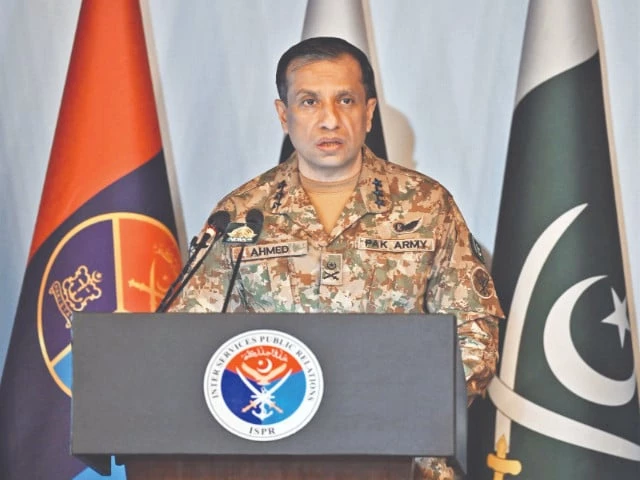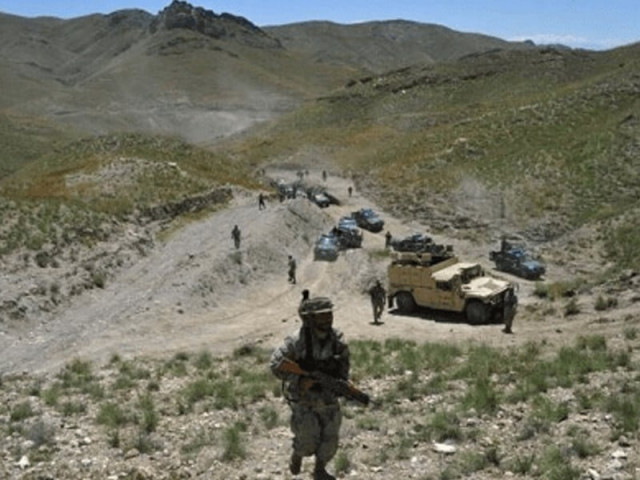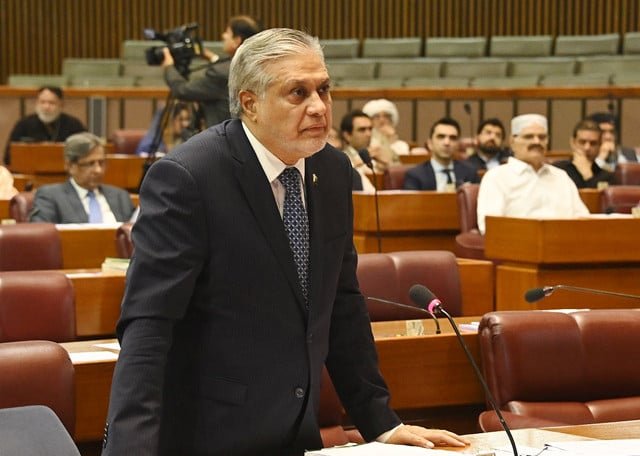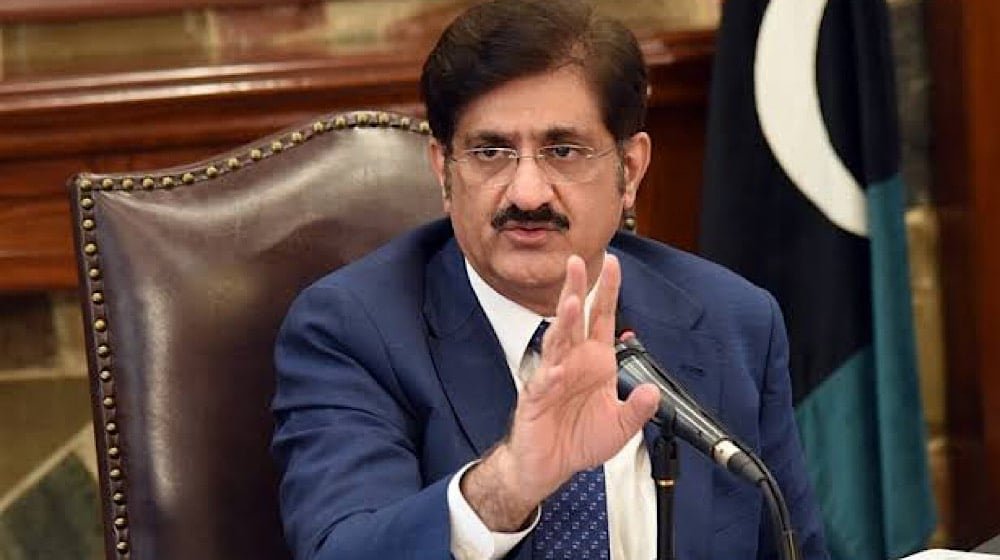Understanding the Security Landscape in Khyber-Pakhtunkhwa: Insights from Lt-Gen Ahmed Sharif Chaudhry
In a recent press conference at the Corps Headquarters in Peshawar, Lieutenant General Ahmed Sharif Chaudhry, the Director General of Inter-Services Public Relations (ISPR), addressed critical issues plaguing Khyber-Pakhtunkhwa (K-P). His remarks shed light on the complex relationship between governance, counterterrorism operations, and the social fabric of the province.
One of the key points raised was the historic politicization of counterterrorism efforts, particularly how it has enabled anti-state elements to gain traction. Lt-Gen Chaudhry expressed concern that the previous government’s actions hindered the effective implementation of the National Action Plan (NAP) — a comprehensive strategy introduced post-2014 to combat terrorism. It seems that while the operations may have seen kinetic success, the foundational legal and social reforms essential for long-term stability were largely overlooked.
Did you know that only about 55% of the approximately 4,355 religious seminaries in K-P are registered? This statistic highlights a significant gap in oversight that could potentially fuel extremism. Lt-Gen Chaudhry emphasized that without robust governance, these gaps allow lawlessness to flourish, contributing directly to the resurgence of terrorist activities.
He called out politicians who have sought negotiations with terrorists as a sign of governance failure, stating, "Calling for talks with non-state actors is a failure of governance." This commentary illustrates the fine line between diplomacy and the necessary firm stance against those who pose a direct threat to state sovereignty.
Interestingly, Lt-Gen Chaudhry also provided compelling statistics: incidents of terrorism have risen since 2021, prompting a upsurge in intelligence-based operations, with over 14,000 operations executed last year alone. The results? A reported elimination of 769 terrorists. This concerted response underscores the army’s commitment to safeguarding the lives of civilians and security personnel alike.
Moreover, he noted a troubling observation that around 70% of all terrorist activity occurs in K-P and neighboring Balochistan, tracing the root causes back to governance and accountability issues. He urged the community to rally behind security forces in breaking the "political-criminal-terror nexus," emphasizing that this is a collaborative effort.
Let’s not forget that Afghanistan plays a role in this narrative as well. Lt-Gen Chaudhry underscored that elements within Afghanistan, potentially backed by foreign proxies, are involved in attacks against Pakistan. The onus is on the Afghan government to prevent its territory from being used for such activities.
In wrapping up, it’s clear from Lt-Gen Chaudhry’s addressed issues that the fight against terrorism in K-P is multifaceted, requiring strong governance, community engagement, and unwavering cooperation from all sectors of society. For those wanting to stay informed or engage in discussions on these critical topics, platforms like Pro21st can provide further insights and resources.
At Pro21st, we believe in sharing updates that matter.
Stay connected for more real conversations, fresh insights, and 21st-century perspectives.





